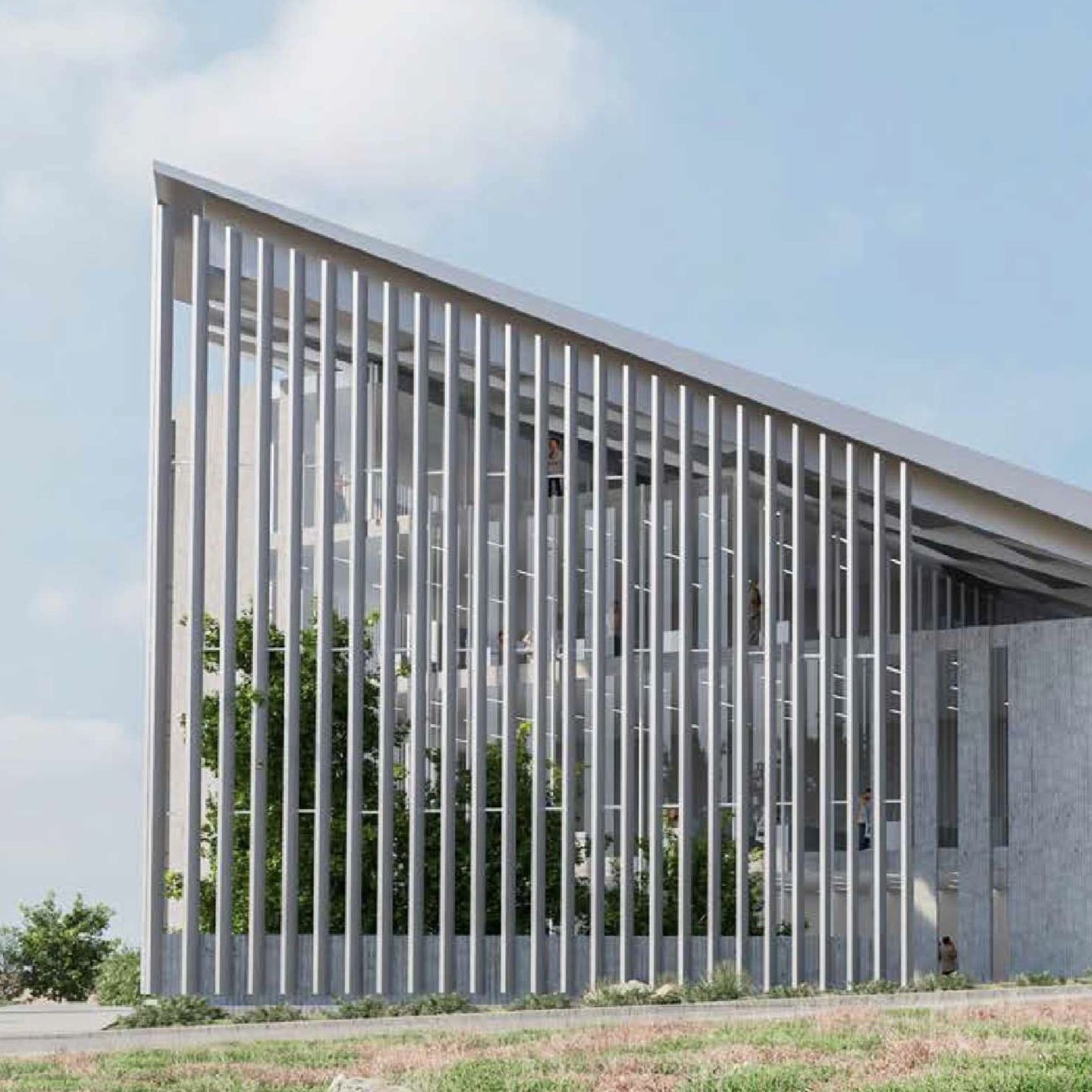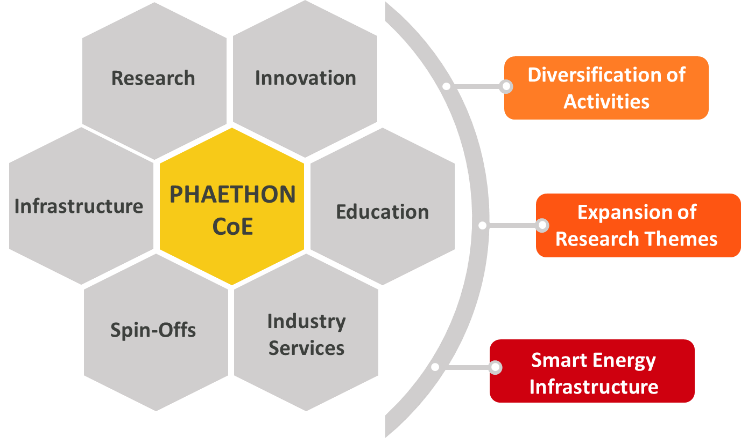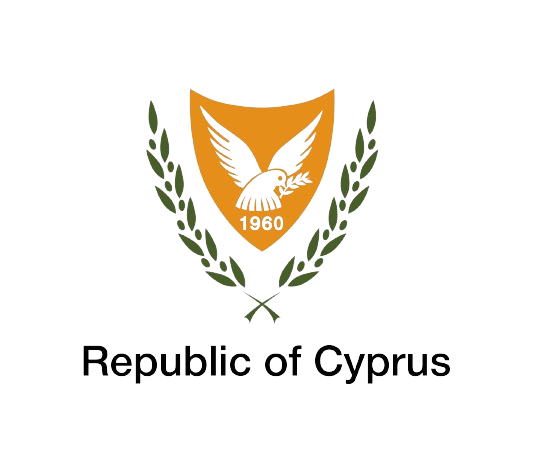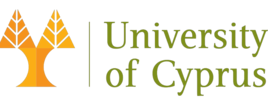
Overview
Empowering Tomorrow’s Green Energy Innovations
The PHAETHON Teaming Project was submitted and awarded funding under the prestigious Horizon Europe “Teaming for Excellence” Call for Proposals. Along with the University of Cyprus, the other partners in the consortium are Cyprus Seeds (Innovation Partner), and the Technical University of Denmark and University of Groningen in the Netherlands (Advanced Partners).
Real-life strategy to reach your goals.
AIM
The PHAETHON Teaming project aims to upgrade the University of Cyprus (UCY) FOSS Research Centre for Sustainable Energy (UCY-FOSS) to a world-class autonomous and self-sustained Centre of Excellence (CoE), PHAETHON CoE, which will act as a catalyst for excellence and innovation in the energy field.
MOTIVATION
Motivated by the timely energy transition and the prevailing climate change challenges, the Research and Innovation (R&I) focus of PHAETHON CoE is on intelligent, efficient and sustainable energy solutions, aligned to the European Green Deal priorities to ensure a secure and renewable-based energy supply. The significance of this transition is underscored by EU investment of over €1 trillion, while Cyprus is devoting €1.3 billion to green investments, in line with its smart specialisation strategy (S3Cy).
VISION
The vision of PHAETHON CoE is to contribute to a green energy future by creating an inspiring environment for conducting state-of-the-art inter-disciplinary research on intelligent, efficient and sustainable energy solutions and to become a world-class Innovation Hub in sustainable energy, thereby contributing to socio-economic development at the national and regional levels.
We strive for diversity across the globe
Transformation to Excellence
Building on a Proven Track-Record, while Leveraging Partnerships with Leading European Institutions
PHAETHON CoE expands upon the work of its predecessor, the FOSS Research Centre for Sustainable Energy, which was established in 2014 after Cypriot Parliamentary approval.
PHAETHON CoE is capitalising on this strong foundation, as well as transferring excellence through its partnership with the leading European institutions in energy transition and sustainability, fostering a robust R&l ecosystem in Cyprus and beyond. The Centre is thus expected to have a direct impact on the energy research and innovation cycle in Cyprus, the surrounding region, and globally.
€15mln
EU funding
€30mln
complementary funding


Objectives
Driving Sustainable Energy Excellence, Together
Real-life strategy to reach your goals.
Work Plan
Building Tomorrow’s Energy Solutions, Today
Real-life strategy to reach your goals.
The work plan is structured into seven inter-related Work Packages (WPs) to allow for the coherent implementation of the project according to the defined methodology.
FOSS Research Centre is upgrading and evolving into PHAETHON CoE through the PHAETHON Teaming project of the Horizon Europe Research and Innovation Programme. The Consortium comprises the University of Cyprus (Coordinator), the Technical University of Denmark, the University of Groningen, and Cyprus Seeds. The Teaming project, which kicked off in late 2023, has a duration of 6 years, while the sustainability plan for the CoE has provisions for the next 10 years. It is worth noting that “PHAETHON” was the top-ranked proposal in the EU for the creation of a Centre of Excellence.
Impact
Transforming Energy Landscapes
PHAETHON CoE aims to serve as a catalyst for excellence in the energy field, focusing on the development of solutions and applications that can address a wide range of contemporary global energy challenges.


